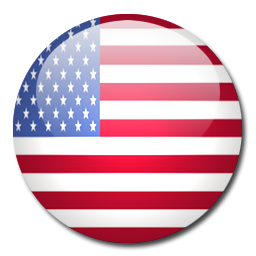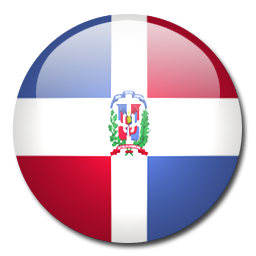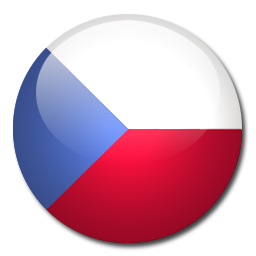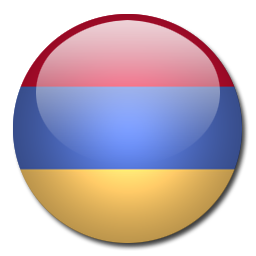| Russia |
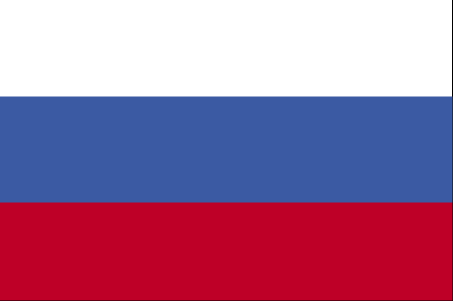
Background: | |
Founded in the 12th century, the Principality of Muscovy, was able to emerge from over 200 years of Mongol domination (13th-15th centuries) and to gradually conquer and absorb surrounding principalities. In the early 17th century, a new Romanov Dynasty continued this policy of expansion across Siberia to the Pacific. Under PETER I (ruled 1682-1725), hegemony was extended to the Baltic Sea and the country was renamed the Russian Empire. During the 19th century, more territorial acquisitions were made in Europe and Asia. Defeat in the Russo-Japanese War of 1904-05 contributed to the Revolution of 1905, which resulted in the formation of a parliament and other reforms. Repeated devastating defeats of the Russian army in World War I led to widespread rioting in the major cities of the Russian Empire and to the overthrow in 1917 of the imperial household. The Communists under Vladimir LENIN seized power soon after and formed the USSR. The brutal rule of Iosif STALIN (1928-53) strengthened Communist rule and Russian dominance of the Soviet Union at a cost of tens of millions of lives. The Soviet economy and society stagnated in the following decades until General Secretary Mikhail GORBACHEV (1985-91) introduced glasnost (openness) and perestroika (restructuring) in an attempt to modernize Communism, but his initiatives inadvertently released forces that by December 1991 splintered the USSR into Russia and 14 other independent republics. Since then, Russia has shifted its post-Soviet democratic ambitions in favor of a centralized semi-authoritarian state in which the leadership seeks to legitimize its rule through managed national elections, populist appeals by former President PUTIN, and continued economic growth. Russia has severely disabled a Chechen rebel movement, although violence still occurs throughout the North Caucasus. | |
Nationality: | |
noun: Russian(s) adjective: Russian | |
Ethnic Groups: | |
Russian 79.8%, Tatar 3.8%, Ukrainian 2%, Bashkir 1.2%, Chuvash 1.1%, other or unspecified 12.1% (2002 census) | |
Languages: | |
Russian (official), many minority languages | |
Religions: | |
Russian Orthodox 15-20%, Muslim 10-15%, other Christian 2% (2006 est.) note: estimates are of practicing worshipers; Russia has large populations of non-practicing believers and non-believers, a legacy of over seven decades of Soviet rule | |
Population: | |
138,082,178 (July 2012 est.) country comparison to the world: 9 | |
Major Cities - Population: | |
MOSCOW (capital) 10.523 million; Saint Petersburg 4.575 million; Novosibirsk 1.397 million; Yekaterinburg 1.344 million; Nizhniy Novgorod 1.267 million (2009) | |
| Statistics | |
| Percent Urbanization | 73 % |
| Total People Groups | 165 |
| Unreached People Groups | 80 |
| Region | Eastern Europe and Eurasia |
| 10/40 Window | No |
| Official National Language | Russian |
| Primary Religion | Christianity |
| Percent Christian Adherent | 68.2% [1] |
| Percent Evangelical | 1.3% [2] |
| Country Progress Level | 2.1  |
| Persecution Ranking | Not ranked (1=High to 50=Low OD) |
| Human Development Index | 0.719 (0=Low to 1=High UN) |



